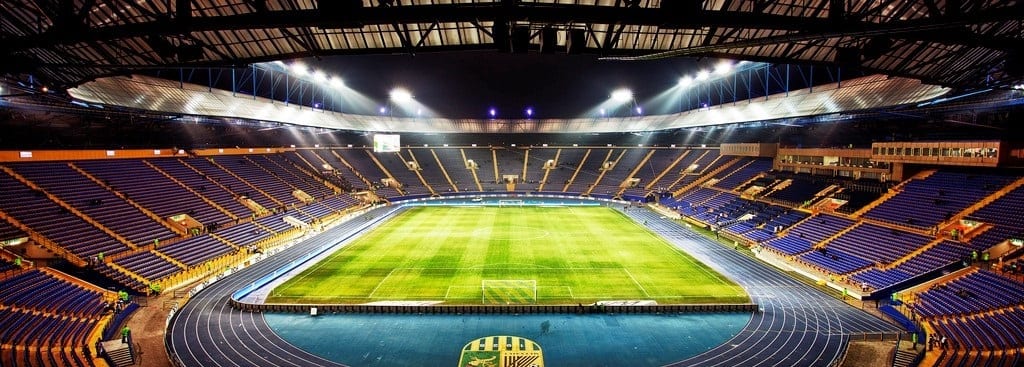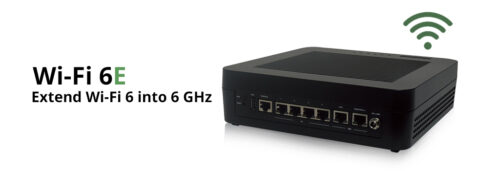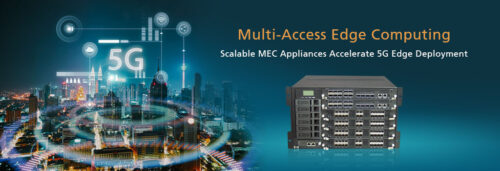
As the first cases of 5G deployment begin to roll out, industries around the world are seeing vast transformations in the way in which they are able to utilize mobile connectivity within their technologies and equipment. With the expansion of the Internet of Things (IoT) seemingly only speeding up, the number of vehicles, devices, tools and equipment that are able to connect to a network or the internet using a wireless or mobile connection is increasing in almost every industry and sector.
Sports and entertainment are two industries that are setting up for the widespread deployment of 5G with various new services and operational enhancements in order to fully utilize 5G technologies and bring cutting edge technologies to sports and entertainment fans alike.
In this article we’ll be looking at how 5G will change the game when it comes to sports and entertainment experiences, content and services as well as what to expect and what the future may hold for 5G technologies within sports and entertainment.
So, let’s jump straight in and take a look at how 5G is shaking things up.
Transforming the Landscape With 5G
When it comes to ensuring connectivity at huge, mass spectator events such as football games or music festivals, many events organizers and stadium and venue operators are all too aware of the challenges they face. These can include traffic prioritization, lag, and capacity, to name but a few.
This all changes with 5G, however…
Some experts estimate that transmission speeds will increase by at least tenfold when compared with 4G, with some more generous estimates reaching as far as a 100-fold improvement. Upload speeds are also set to improve as content sharing continues to be a main focus of many of our activities while using mobile connections.
5G will also significantly improve both capacity and throughput, which means devices will be able to connect to 5G network resources as and when they require using a wide range of expanded access technologies. Estimates made by Nokia suggest that capacity using 5G could be up to as much as 40 times more than that of 4.5G with the costs of providing high quality video services could up to 20 times lower.
5G will also help make sports and entertainment events safer by ensuring that critical communications such as those sent and received by the emergency services and the military are prioritized and segmented separately to ordinary civilian network traffic to ensure their constant and continued operation.
What to Expect
There are several new services and improvements to existing services being planned by both sports and entertainment enterprises for the arrival of 5G connectivity. These include geolocation services to help fans locate each other while amidst large crowds, video and virtual reality services, and enhanced content and features.
Choosing from various different camera angles throughout a game of football, for example, would allow for fans to constantly have a view from the best angle available so as to keep themselves immersed in all of the action.
With 5G, high-definition, low-latency video could also be streamed to a much larger subscriber base located within the stadium itself.
Another concept currently being trialed is that of integrating real-time virtual reality with events to allow for sports and entertainment fans watching at home to experience their chosen events from a completely new perspective. Using real-time virtual reality, fans are able to put themselves in amongst the action without actually being present at the event.
User generated content is also expected to grow with 5G deployment and users who wish to share content or stream live while at an event will be much more able to do so.
As 5G technologies are adopted and mature, a plethora of new and improved interactive content and experience enhancing features are bound to be developed to meet demands.
The Rise of The Smart Stadiums and Venues
While they will see a significant shift in the services aimed at them, 5G technologies will not just bring new services and improvements to sports and entertainment fans. It can also provide the means to greatly improve the potential for technological enhancement in the future for stadiums and venues that choose to adopt these technologies.
Smart stadiums and venues are a concept that has been generating a lot of interest over recent years, from Tottenham Hotspur’s new stadium in the UK to the new home of the Atlanta Falcons in the US, and 5G networks and architectures look set to play a big role in the realization of their full potential.
In the age of the Internet of Things, artificial intelligence and machine learning, and mobile edge computing, it would appear that the possibilities for 5G-enabled smart stadiums and venues is almost limitless.
Given that the technology to provide such advanced and immersive experiences is now here, it seems the services and experiences that could be developed and offered are now, if only for a brief moment, restricted by nothing but the imaginations of those building them.






